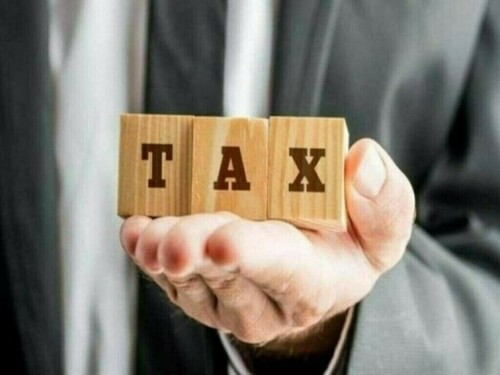Sindh Government to Tax All Services Except Essential Ones
The Sindh government has declared its intention to impose taxes on “all services,” with the exception of those deemed essential and social. This decision, as stated in budget documents released on Friday, aims to “broaden the sales tax base and mitigate potential tariff disputes and legal challenges.”
The provincial administration presented its budget for fiscal year 2025-26 on Friday, with Chief Minister Murad Ali Shah outlining proposals for a total expenditure of Rs3.45 trillion, accompanied by a deficit of Rs38.46 billion.
According to the Sindh Revenue Board (SRB) website, the standard Sindh Sales Tax rate for services stands at 15%, except for telecommunications, which are subject to a 19.5% tax. Reduced or concessional rates are applicable in certain instances.
Budget documents indicate that the province intends to generate Rs388 billion in provincial sales tax revenue from services and agricultural taxes in FY26.
The province anticipates collecting Rs300 billion from the Sindh Sales Tax on services in FY25, marking a 35% increase compared to FY24.
During his budget address at the provincial assembly, CM Murad Ali Shah emphasized that the Sindh Sales Tax on services has been a key source of revenue for the province.
He explained that the existing legal framework taxes all major services, leaving only a small portion exempt. This arrangement leads to disagreements about the taxability of services, resulting in unnecessary legal battles and difficulties for taxpayers.
Therefore, he said, the decision has been made to transition to a negative list system by taxing all services while ensuring that essential and social services remain exempt and that a significant portion of new services are subject to a reduced rate.
Conversely, the Sindh government has suggested the complete removal of five levies, including professional tax, cotton fee, entertainment duty, local cess, and drainage cess, as detailed in budget documents.
The proposed tax relief measures are expected to alleviate the financial strain on both individuals and businesses, according to Murad Ali Shah’s address.
The annual development program for FY2025-26 is worth Rs1.02 trillion.
The professional tax affects salaried individuals and small businesses, while the cotton fee increases costs for the agriculture and textile industries.
Additionally, the yearly tax for commercial vehicles under the Motor Vehicle Ordinance is being reduced to Rs1,000, providing relief to transport and goods carriers.
There is also a proposition to eliminate the mandatory requirement for third-party insurance for motorcycles.
The mutation fee and sales certificate fees are being lowered from Rs1,000 to Rs500, the chief minister stated.
The standard Sindh sales tax rate for services is 15%, except for telecommunication services, which are taxed at 19.5%, according to the SRB website. In some cases, tax is levied at reduced or concessionary rates.



Comments (0)
No comments yet. Be the first to comment!
Leave a Comment